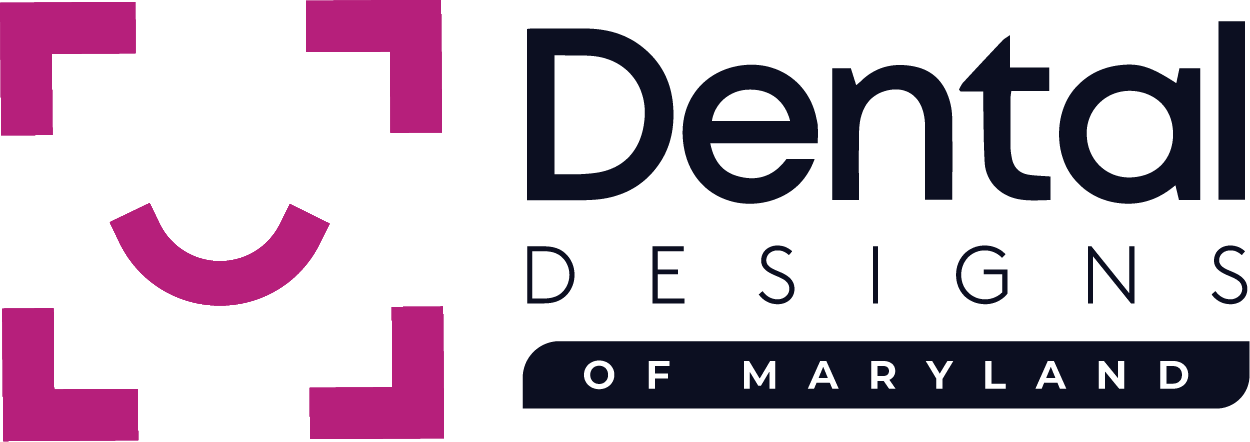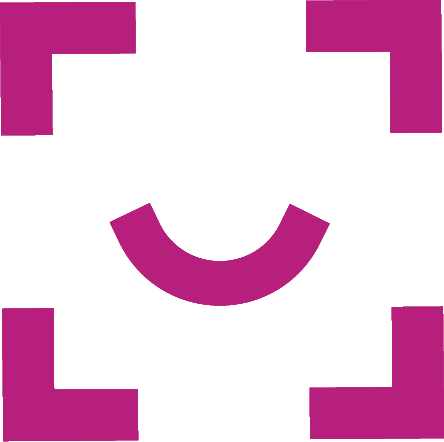Do you ever wake up with a headache or sore jaw? Do your teeth feel sensitive or look like they are getting shorter? You may be grinding your teeth at night without even realizing it. These issues could be symptoms of bruxism, which is a surprisingly common condition.
Dental Designs of Maryland is here to help if you believe you may be grinding your teeth. We offer general dentistry services in Maryland to patients with various needs. Contact us today at 410.834.4284 and get a custom treatment that will protect your teeth and help you get a good night’s sleep.
What Is Bruxism?
Have you ever asked yourself, “what is bruxism?” Bruxism is a condition that causes you to grind or clench your teeth without realizing it most of the time. For some people, it is an occasional and mild problem. But for others, it can be frequent and severe enough to cause damage to the teeth. It is a common problem that can occur at any age, but it is most common in children and adults between the ages of 10 and 20.
There are two types of bruxism:
- Awake bruxism is when you clench your teeth together, often in stress response.
- Sleep bruxism is when you slide (grind) your teeth back and forth across each other. This type can be more damaging to your teeth.
What Causes Bruxism?
Several different factors can contribute to or increase bruxism, including:
- Stress
- Anxiety
- Misaligned teeth
- Sleep disorders
- Alcohol
- Recreational drugs
- Caffeine
What Are the Symptoms of Bruxism?
The most common symptom of bruxism is the sound of grinding or clenching your teeth. This sound can often be heard at night while trying to sleep. Other symptoms include:
- Waking up with a headache or sore jaw
- Tooth sensitivity
- Worn-down teeth
- Migraines
- Earache
- Neck pain
Complications of Teeth Grinding
Teeth grinding can lead to some complications, including:
- Tooth damage – Leading to chips, cracks, and even tooth loss.
- Jaw pain – The muscles in your jaw can become tense and tight from all the grinding and clenching.
- Headaches – This is likely since teeth grinding can lead to muscle tension in the head and neck.
- Sleep problems – Bruxism can make it challenging to get a good night’s sleep.
- Temporomandibular joint dysfunction (TMJ) – This joint connects your jaw to your skull. Dysfunction in this joint can cause pain, clicking, and jaw popping.
- Earache – The muscles in your jaw can refer to ear pain.
How Is Bruxism Diagnosed?
If you’re experiencing any symptoms of bruxism, it is important to see a dentist immediately. They can help you find the cause of your symptoms and develop a treatment plan.
Your dentist will ask you about your symptoms and medical history to diagnose bruxism. They will also do a physical examination of your mouth and teeth. In some cases, they may also order X-rays or other imaging tests.
How Is Bruxism Treated?
The treatment for bruxism will vary depending on the severity of the condition. In some cases, no treatment may be necessary. But in other cases, treatment may be necessary to protect your teeth and jaw.
The most common treatments for bruxism include:
- Mouth guards – A mouth guard is a custom-fitted appliance that you wear at night to protect your teeth from grinding.
- Botox – Botox injections can help relax the muscles in your jaw and prevent teeth from grinding and clenching.
- Stress management – This may involve relaxation techniques or counseling.
- Surgery – In severe cases of bruxism, surgery may be necessary to correct the problem.
Schedule an Appointment Today at Dental Designs of Maryland-White Marsh
Now that we have answered the question of “what is bruxism?” and explained various treatments. It is time to take the next step and schedule an appointment at Dental Designs of Maryland. Our team of experts will put you at ease and work with you to find the cause of your symptoms and develop a treatment plan for you.
Contact our office today at 410.834.4284 to schedule your appointment.


